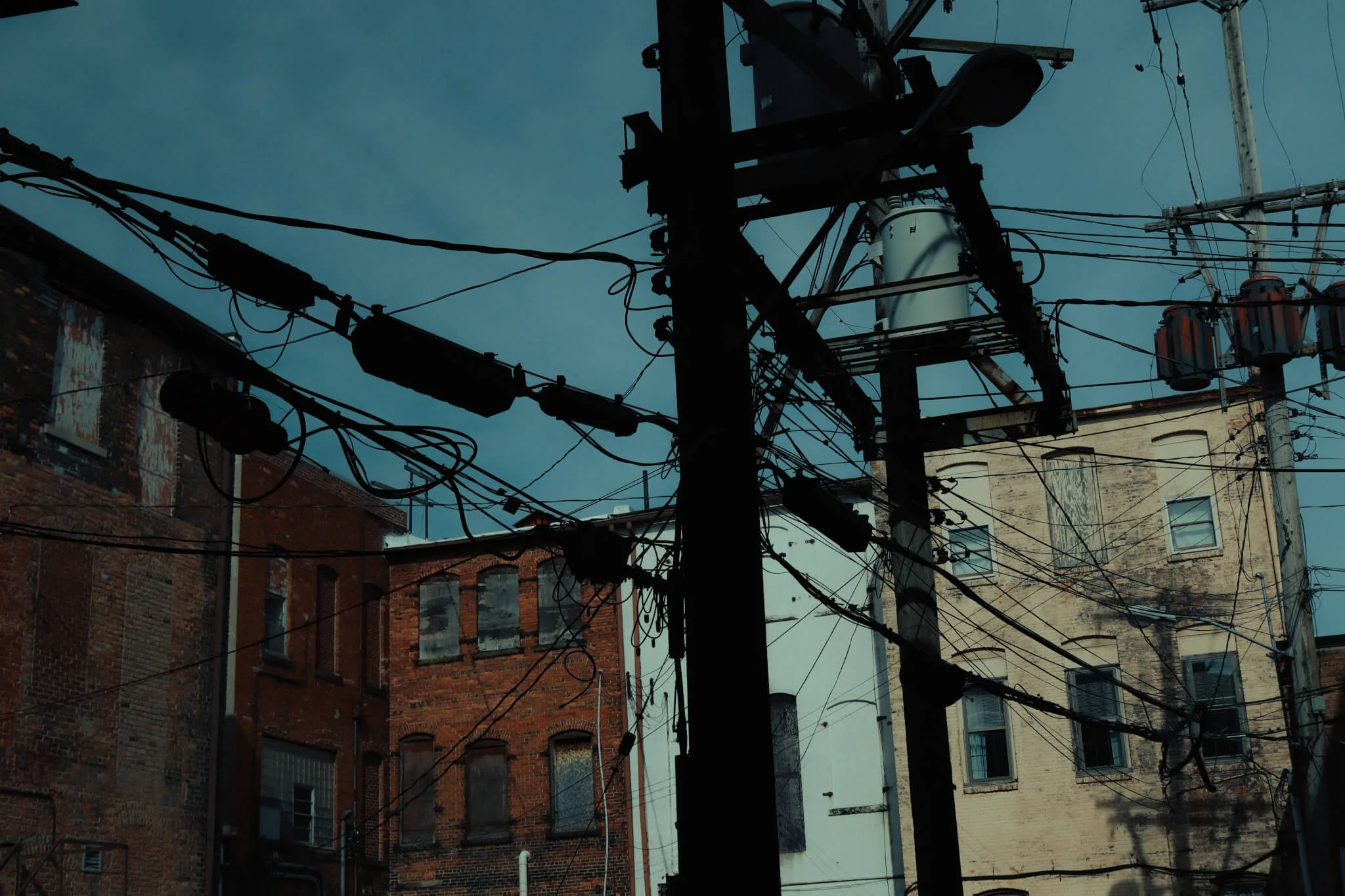
Regulators hae warned about rolling blackouts in Michigan this summer. The state's biggest utility companies aren't worried.
Following a recent warning for rolling blackouts across Michigan, the state’s two largest electricity providers contend that 8.8 million residents won’t have to worry.
Need to Know:
- The Lansing Board of Water & Light and Traverse City Light & Power have warned customers about the potential for rolling blackouts this summer.
- Some customers could see 20-minute outages throughout July and August.
- The state’s two largest electricity providers, however, don’t expect to see problems.
MICHIGAN—A report from the organization that runs the power grid for Michigan, along with 14 other states, has warned that some customers might be forced to go without power for 20-minute periods this summer as expected electricity usage threatens to exceed supplies.
The Midcontinent Independent System Operator has warned the rolling blackouts may be inevitable, and at least two utility providers have issued warnings to their customers. But the biggest energy providers in Michigan have insisted there’s still plenty of electricity to go around.
Why is this happening?
MISO’s report notes there will be energy shortages during peak demand times this summer when temperatures are their hottest. These shortages will result in mandatory “load sheds,” when the power is deliberately shut down to prevent the failure of the entire system when it’s strained.
Officials at MISO said the main reasons for the energy shortage are electricity production plants retiring, an increase in energy usage due to the pandemic, and higher summer temperatures.
The Lansing Board of Water & Light and Traverse City Light & Power—which collectively provides electricity for more than 110,000 Michiganders—warned of the blackouts on Monday.
General Manager Dick Peffley said BWL is still generating “plenty” enough energy for its customers, but the utility would still be required by law to initiate outages at MISO’s direction.
After the order, BWL would have 30 minutes to begin the partial shutdown of electric service. Outages would last about 20 minutes, and customers would not receive an advanced warning.
TCL&P officials labeled the outages a “possibility” that they hope can be avoided this summer.
Meanwhile, officials at DTE and Consumers—the state’s two largest electricity providers—are trying to assure their 8.8 million customers that rolling blackouts are highly unlikely this year.
Consumers Media Relations Manager Brian Wheeler said the utility company pulls from a wide variety of sources, which gives officials there confidence as they head into the warmer months.
“Our long-term planning ensures there will be enough energy to serve all our customers at all times of the day, during every day of the year,” Wheeler said. “We also work with businesses and households to manage energy use and provide rewards for shifting energy use away from peak times, to help reduce costs and eliminate the need for additional new power plants.”
DTE has made similar promises to its 2.2 million electric customers in southeastern Michigan.
What can be done?
The BWL offers suggestions to help reduce energy demand and ultimately prevent blackouts:
- Defer large uses of energy to the early morning or the evening when temperatures drop.
- Turn off or limit the air conditioner.
- Defer laundry or cooking until later in the evening.
- Don’t charge electric vehicles until after dark.
- Turn off any unneeded lights and electronics.
If the grid can’t handle AC, how are we going to switch to electric cars?
It has been estimated that Michigan will have 1-2 million electric cars on the road by 2030.
Despite the concerns over energy shortages, the grid is expected to handle the transition, reports WZZM13. Michigan Public Service Commission member Tremaine Phillips said electric vehicles would only overload the state’s power supplies if the transition were an immediate one.
“It would be a fairly scary scenario if all vehicles were to convert to electric overnight,” he said.
As automakers ramp up electric vehicle production, Michigan has also been investing heavily in the grid. Last month, Consumers invested $100 million in Michigan to help increase reliability. Last year, DTE also announced a 5-year, $7 billion grid investment in Southeast Michigan.
“Most charging for electric vehicles will take place overnight,” Wheeler also told WZZM13. “That’s really important, because overnight is the time that you can imagine in your own home or your business, overnight is where the electric grid is much quieter.”

VIDEO: Trump isn’t the only republican facing charges for alleged financial crimes
https://www.tiktok.com/@gandernewsroom/video/7361494909938978090 A whole lot of Michigan Republicans and lobbyists are facing criminal charges for...

VIDEO: It’s expensive to be poor in Michigan
https://www.tiktok.com/@gandernewsroom/video/7361154790300060974 Ever heard of predatory payday loans? Here’s how new laws could help protect...

Here’s everything you need to know about this month’s Mercury retrograde
Does everything in your life feel a little more chaotic than usual? Or do you feel like misunderstandings are cropping up more frequently than they...

The ’Gander wins multiple 2023 Michigan Press Association awards
MICHIGAN—The ’Gander Newsroom has earned multiple awards in the 2023 Michigan Press Association Better Newspaper Contest. The awards were announced...

Michigan Republicans ask Supreme Court to restrict medication abortion access
A lawsuit supported by Republicans could disrupt access to the most common form of abortion—even in Michigan, where reproductive rights are...




